YORK, UK: Perhaps unfairly, the teeth of Britons have developed an international reputation for being crooked and aesthetically subpar. Researchers have been able to put them to good use, however, as a recent study analysing using British teeth from the Iron Age has demonstrated the potential for using proteins in dental plaque deposits to uncover what our ancestors’ diets consisted of.
Identifying evidence of foods such as plant crops from ancient times can be a difficult process, since these foods rarely leave a trace in the archaeological record. Proteins from food, however, can survive in dental calculus for thousands of years, with milk proteins previously shown to be preserved in archaeologically discovered calculus. The international study, led by researchers at the University of York and the Max Planck Institute for the Science of Human History in Jena in Germany, has proven that this dental calculus can also be used to unlock further information about a wider range of food proteins, including plant-sourced types.
Senior author Dr Camilla Speller, from the Department of Archaeology at the University of York, emphasised how this discovery could aid understanding of the diets and lifestyles of our ancestors. “This approach may be particularly useful in the detection of understudied vegetative crops, especially in regions where macro-botanical remains are not preserved,” she said.
“It may offer a more precise way of identifying foodstuffs compared to other methods such as ancient DNA and isotope analysis as it can distinguish between different crops and indicate whether people were consuming dairy products, like milk or cheese,” she continued.
“In the teeth we look at from individuals who lived around the Victorian era we identified proteins related to plant foods, including oats, peas and vegetables in the cabbage family. Occasionally, we find evidence of milk and oats in the same mouth—I like to think it’s from eating porridge!”
First author Dr Jessica Hendy, from the Department of Archaeology at the Max Planck Institute, added: “While there is still a lot we don’t know, this is exciting because it shows that archaeological dental calculus harbours dietary information, including food products that ordinarily do not survive in archaeological sites.”
The study, titled “Proteomic evidence of dietary sources in ancient dental calculus”, was published online in the Proceedings of the Royal Society B on 18 July 2018.
Tags:
BARCELONA, Spain/YORK & LEICESTER, UK/TEL AVIV, Israel: An international team of researchers has conducted a study that gives striking insights into the...
BRISTOL, UK: The importance of mother’s milk to an infant’s development is now well established. In a recent study, researchers analysed the fossilised ...
GUILDFORD, UK: Researchers from the universities of Surrey and Birmingham in the UK have recently examined microstructural changes to dentinal tubules ...
HUDDERSFIELD, UK: A University of Huddersfield researcher is harnessing the latest virtual reality technology to help oral and maxillofacial surgical ...
LONDON, UK: Though our understanding of the causes of and potential treatments for periodontal disease has advanced substantially in recent decades, new ...
DUBLIN, Ireland: The negative impact of sugar-laden drinks on oral health is something dentists have known about for many years. However, that these drinks ...
SHEFFIELD, UK: Infective endocarditis (IE) is a potentially life-threatening heart infection that is caused by dental bacteria in around a third of cases. A...
In September, Align Technology invited active Invisalign providers in the general dental practitioner (GDP) group, who offer the clear aligner system ...
Have you ever applied for a job, but were not successful? Or perhaps you are just curious about what actually goes into candidate screening once you have ...
LONDON, UK: Over the last decade, internationally qualified dentists (IQDs) have made up an increasingly large proportion of the UK’s dental workforce ...
Live webinar
Tue. 24 February 2026
6:00 pm UTC (London)
Prof. Dr. Markus B. Hürzeler
Live webinar
Tue. 24 February 2026
8:00 pm UTC (London)
Prof. Dr. Marcel A. Wainwright DDS, PhD
Live webinar
Wed. 25 February 2026
4:00 pm UTC (London)
Prof. Dr. Daniel Edelhoff
Live webinar
Wed. 25 February 2026
6:00 pm UTC (London)
Live webinar
Thu. 26 February 2026
1:00 am UTC (London)
Live webinar
Tue. 3 March 2026
4:00 pm UTC (London)
Dr. Omar Lugo Cirujano Maxilofacial
Live webinar
Wed. 4 March 2026
1:00 am UTC (London)
Dr. Vasiliki Maseli DDS, MS, EdM



 Austria / Österreich
Austria / Österreich
 Bosnia and Herzegovina / Босна и Херцеговина
Bosnia and Herzegovina / Босна и Херцеговина
 Bulgaria / България
Bulgaria / България
 Croatia / Hrvatska
Croatia / Hrvatska
 Czech Republic & Slovakia / Česká republika & Slovensko
Czech Republic & Slovakia / Česká republika & Slovensko
 France / France
France / France
 Germany / Deutschland
Germany / Deutschland
 Greece / ΕΛΛΑΔΑ
Greece / ΕΛΛΑΔΑ
 Hungary / Hungary
Hungary / Hungary
 Italy / Italia
Italy / Italia
 Netherlands / Nederland
Netherlands / Nederland
 Nordic / Nordic
Nordic / Nordic
 Poland / Polska
Poland / Polska
 Portugal / Portugal
Portugal / Portugal
 Romania & Moldova / România & Moldova
Romania & Moldova / România & Moldova
 Slovenia / Slovenija
Slovenia / Slovenija
 Serbia & Montenegro / Србија и Црна Гора
Serbia & Montenegro / Србија и Црна Гора
 Spain / España
Spain / España
 Switzerland / Schweiz
Switzerland / Schweiz
 Turkey / Türkiye
Turkey / Türkiye
 UK & Ireland / UK & Ireland
UK & Ireland / UK & Ireland
 International / International
International / International
 Brazil / Brasil
Brazil / Brasil
 Canada / Canada
Canada / Canada
 Latin America / Latinoamérica
Latin America / Latinoamérica
 USA / USA
USA / USA
 China / 中国
China / 中国
 India / भारत गणराज्य
India / भारत गणराज्य
 Pakistan / Pākistān
Pakistan / Pākistān
 Vietnam / Việt Nam
Vietnam / Việt Nam
 ASEAN / ASEAN
ASEAN / ASEAN
 Israel / מְדִינַת יִשְׂרָאֵל
Israel / מְדִינַת יִשְׂרָאֵל
 Algeria, Morocco & Tunisia / الجزائر والمغرب وتونس
Algeria, Morocco & Tunisia / الجزائر والمغرب وتونس
 Middle East / Middle East
Middle East / Middle East




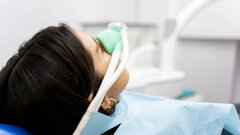






















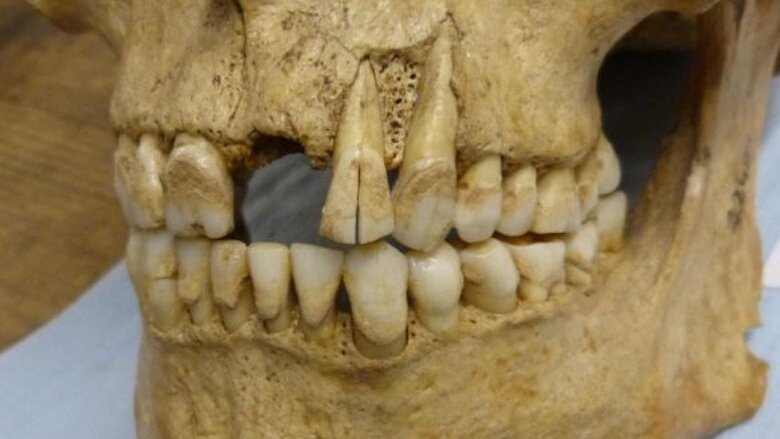




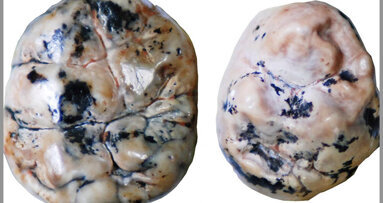
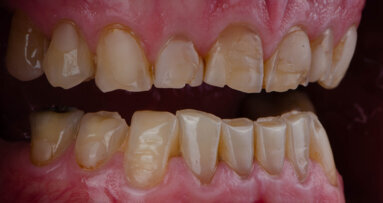

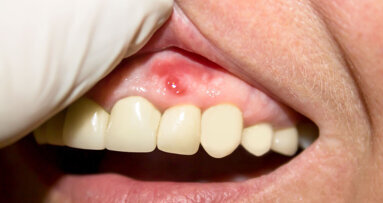

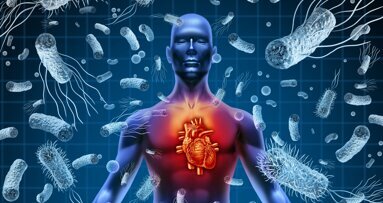












To post a reply please login or register